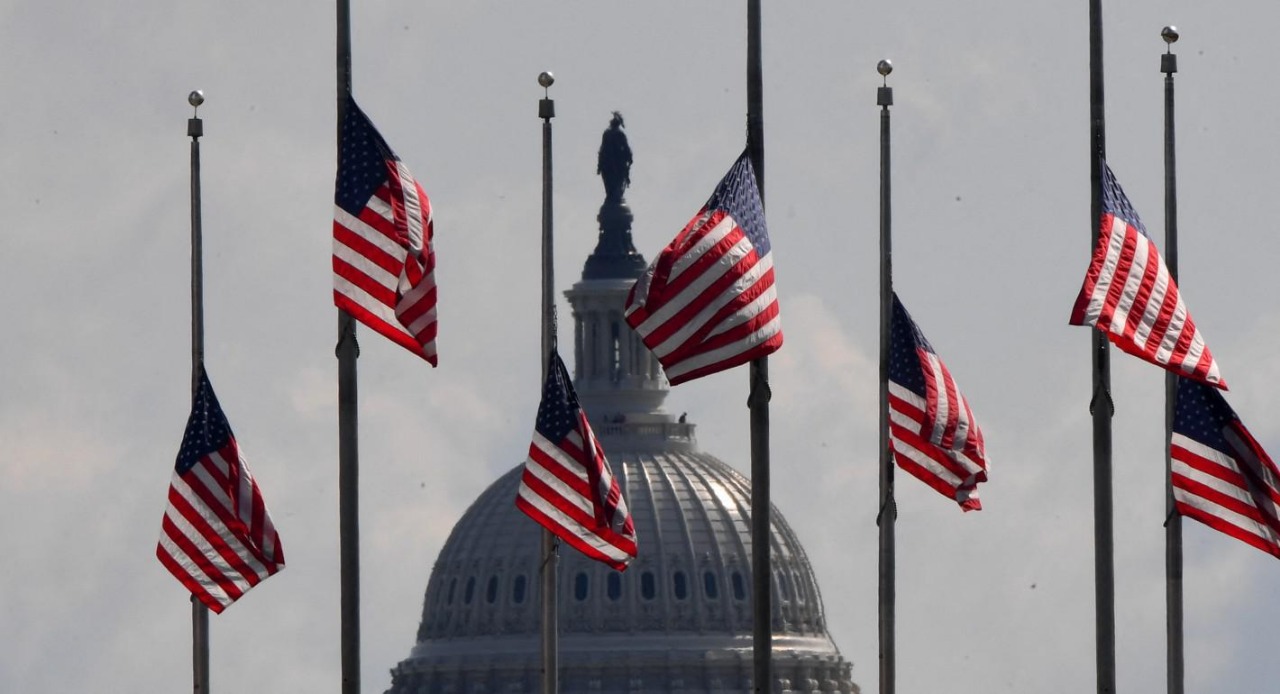
Follow WOWNEWS 24x7 on:
Updated: June 19, 2025 15:44

A new Reuters/Ipsos poll released on June 19, 2025, reveals deepening rifts within the Democratic Party, with a majority of Democratic voters expressing dissatisfaction with current leadership and calling for a sharper focus on economic equity. The findings come at a critical juncture as the party prepares for the 2026 midterms and grapples with internal debates over priorities and messaging.
Key findings from the poll
- 62 percent of Democratic respondents believe the party’s leadership should be replaced with new individuals, signaling a strong appetite for generational and ideological change
- 24 percent disagreed with the idea of leadership replacement, while the remaining respondents were undecided or neutral
- 86 percent of Democrats say higher taxes on wealthy Americans and large corporations should be a top party priority, and believe current party leaders share this view
- Only 17 percent of Democrats consider allowing transgender individuals to participate in women’s and girls’ sports a priority issue, though they believe party leaders view it as more important than the base does
Leadership dissatisfaction and generational shift
The poll underscores a growing disconnect between Democratic voters and the party’s top brass. Calls for leadership renewal reflect broader frustrations over perceived inertia, lack of clear messaging, and concerns about electability in the face of a resurgent Republican base. The sentiment echoes earlier findings from other surveys showing that many Democrats feel their party lacks a clear, unifying figurehead and is overdue for a strategic reset.
Economic justice as a unifying theme
The overwhelming support for taxing the wealthy and large corporations highlights a strong consensus among Democratic voters around economic justice. This aligns with long-standing progressive demands and suggests that redistributive fiscal policy could serve as a rallying point for the party’s 2026 platform. The poll indicates that voters believe party leaders are aligned on this issue, offering a rare point of cohesion amid broader discontent.
Cultural issues and electoral strategy
The relatively low prioritization of transgender participation in women’s sports suggests that Democratic voters are more focused on kitchen-table issues like taxation, healthcare, and economic opportunity. The data also reflects concerns among moderates that culture war topics may be overemphasized by party leadership, potentially alienating swing voters. This tension has been a recurring theme in internal party debates, especially following Republican gains in recent elections.
Future outlook
As the Democratic Party navigates a pivotal election cycle, the latest polling data serves as both a warning and a roadmap. Voters are demanding fresh leadership, a renewed focus on economic fairness, and a recalibration of cultural messaging. Whether the party can reconcile these demands with its current trajectory will likely shape its fortunes in 2026 and beyond.
Sources: Reuters, Ipsos, Politico, Pew Research Center, Data for Progress.



